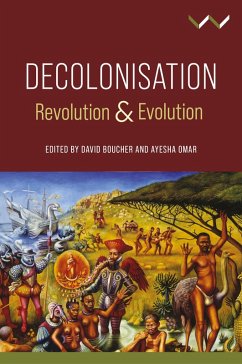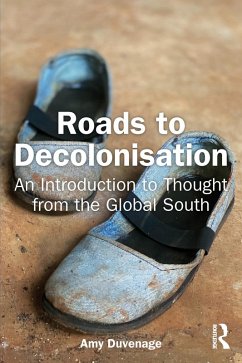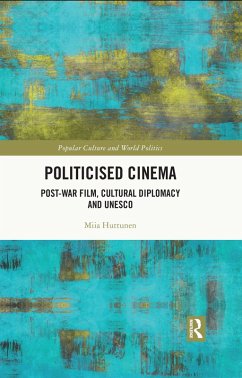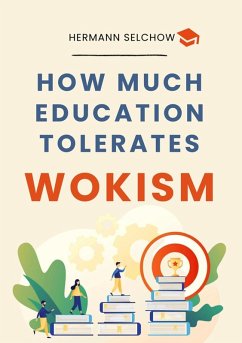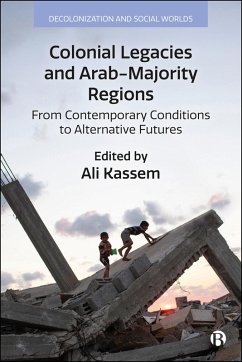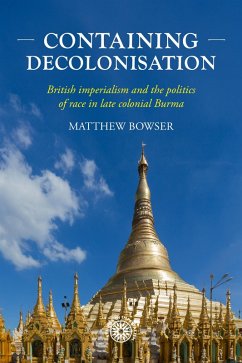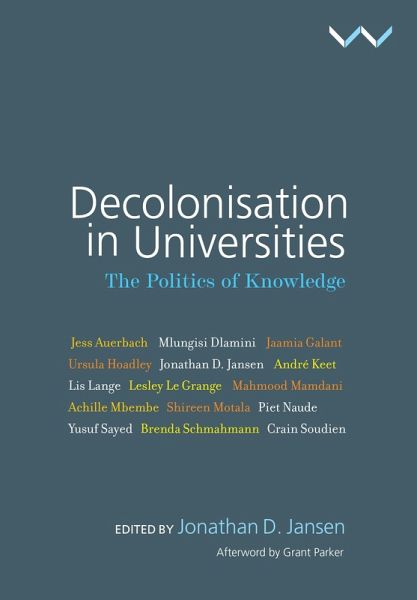
Decolonisation in Universities (eBook, ePUB)
The politics of knowledge
Redaktion: Jansen, Jonathan

PAYBACK Punkte
11 °P sammeln!
In this collection of case studies and stories from the field, South African scholars come together to trade stories on how to decolonise the universityShortly after the giant bronze statue of Cecil John Rhodes came down at the University of Cape Town, student protestors called for the decolonisation of universities. It was a word hardly heard in South Africa's struggle lexicon and many asked: What exactly is decolonisation? This edited volume brings together the best minds in curriculum theory to address this important question. In the process, several critical questions are raised: Is decolo...
In this collection of case studies and stories from the field, South African scholars come together to trade stories on how to decolonise the university
Shortly after the giant bronze statue of Cecil John Rhodes came down at the University of Cape Town, student protestors called for the decolonisation of universities. It was a word hardly heard in South Africa's struggle lexicon and many asked: What exactly is decolonisation? This edited volume brings together the best minds in curriculum theory to address this important question. In the process, several critical questions are raised: Is decolonisation simply a slogan for addressing other pressing concerns on campuses and in society? What is the colonial legacy with respect to curriculum and can it be undone? How is the project of curriculum decolonisation similar to or different from the quest for postcolonial knowledge, indigenous knowledge or a critical theory of knowledge? What does decolonisation mean in a digital age where relationships between knowledge and power are shifting?
The book combines strong conceptual analyses with novel case studies of attempts to 'do decolonisation' in settings as diverse as South Africa, Uganda, Tanzania and Mauritius. Such a comparative perspective enables reasonable judgements to be made about the prospects for institutional take-up within the curriculum of century-old universities.
Shortly after the giant bronze statue of Cecil John Rhodes came down at the University of Cape Town, student protestors called for the decolonisation of universities. It was a word hardly heard in South Africa's struggle lexicon and many asked: What exactly is decolonisation? This edited volume brings together the best minds in curriculum theory to address this important question. In the process, several critical questions are raised: Is decolonisation simply a slogan for addressing other pressing concerns on campuses and in society? What is the colonial legacy with respect to curriculum and can it be undone? How is the project of curriculum decolonisation similar to or different from the quest for postcolonial knowledge, indigenous knowledge or a critical theory of knowledge? What does decolonisation mean in a digital age where relationships between knowledge and power are shifting?
The book combines strong conceptual analyses with novel case studies of attempts to 'do decolonisation' in settings as diverse as South Africa, Uganda, Tanzania and Mauritius. Such a comparative perspective enables reasonable judgements to be made about the prospects for institutional take-up within the curriculum of century-old universities.
Dieser Download kann aus rechtlichen Gründen nur mit Rechnungsadresse in A, D ausgeliefert werden.




